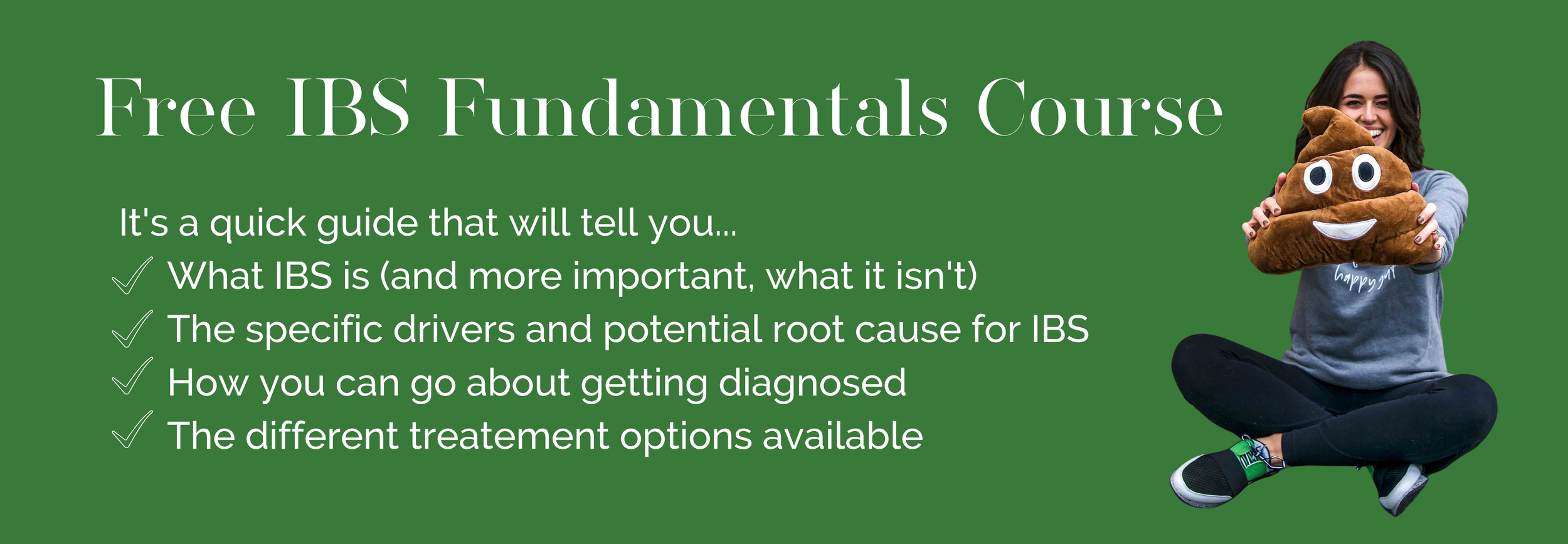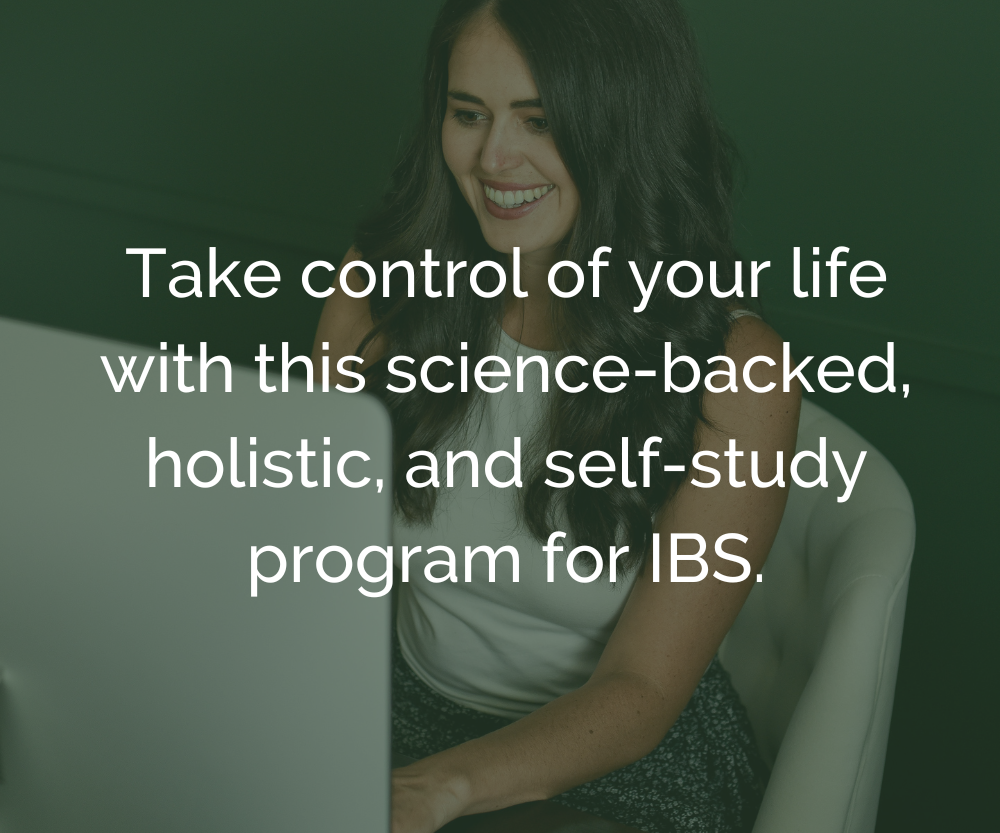How Sleep Affects Gut Health & IBS Symptoms
Sleep and digestion are major parts of our day that may seem unrelated, but they are actually very connected. In my practice, working with women with irritable bowel syndrome (IBS) and digestive disorders, sleep is often not discussed with their other healthcare providers so it’s something they are usually surprised to hear is triggering symptoms. The purpose of this blog is to break down this connection and why sleep should be a top priority in your digestive health journey.
Connection between sleep and digestion
Studies have found a strong association between sleep and gastrointestinal disease, including IBS, and this is likely due to the gut-brain connection, hormones, and circadian rhythms.
Gut-brain connection
The gut and brain are in constant communication through a bidirectional (goes both ways) pathway, called the HPA axis. Along this pathway, there is communication about hormone release and regulation, gene expression, and more. The gut-brain connection is also the connection between the gut and anxiety, stress, and depression. We know these can negatively affect digestion, especially for those with IBS, and we know that issues with digestion can lead to anxiety, stress, and depression. Sleep is also negatively affected by these, and we see the same bidirectional effect between the gut and our sleep as we do between the gut and the brain.
This means that poor sleep can be linked to poor communication between the gut and brain, which can then result in altered function of all the processes in the body, including digestion. The same is true, vice versa, in that poor communication between the gut and the brain can lead to poor sleep, which can cause a vicious cycle.
What’s your poop personality? Find out here!
Hormones
Also linked to the connection of sleep and the HPA axis is the link between hormones and sleep. Hormones, including those linked to stress and relaxation, are regulated along the HPA axis. Like all systems in the body, balance is necessary for adequate function. With adequate sleep, the HPA axis is supported and the balance of hormones is supported. This means less cortisol, which is know as the stress hormone and is tied to the stress response that can trigger IBS and altered digestion (read more on that here!).
The same is true in reverse that elevated cortisol, which can happen from increased and prolonged physical or psychological stress in the body, interferes with sleep and can lead to insomnia. This cortisol - sleep cycle can have an impact on other hormones in the body, including sex hormones (read how those could be connected to IBS) and hormones involved in metabolism.
Circadian rhythms
The circadian rhythm is the organization of processes that happen in our body during a 24 hour cycle. It functions as the body’s internal clock and affects sleep-wake cycles, metabolism, and hormone balance. The master clock regulates the activities of the peripheral clocks, then the peripheral clocks interact with one another to send feedback back to the master. When the clocks are synchronized, the rhythm is well-functioning and in balance. Clocks are synched by different cues from the environment, including light, temperature, and food intake. The clocks then regulate the hormones that are involved in falling asleep, waking up, hunger, fullness, digestion, stress, mood, and more.
Disruption of the circadian rhythm is linked to poor sleep, hormone balance, gut dysbiosis (unideal makeup of bacteria), and poor digestion.
Sleep has the greatest impact on the circadian rhythm, so poor sleep can interfere with the function of all other clocks and systems in the body. And once again, the same is true in reverse.
So, what do you do?
The most important thing you can do is include sleep in your plan for managing IBS and improving gut health. You can do this by decreasing stress, creating solid sleep routines that work for you, and supporting your circadian rhythm.
Here are some ideas to make that happen:
Avoid excessive intakes of sugar and alcohol, especially in the evening
Avoid caffeine late in the day - it can stay in the system for 12 hours and interfere with sleep
Get regular exercise and avoid high intensity exercise late at night
Eat balanced meals throughout the day and avoid heavy meals or snacks close to bedtime
Aim to go to bed and wake up around the same time each day
Keep your stress in check with meditation, breath practices, exercise, journaling, and mind-body exercise
Use essential oils like lavender to help your body relax
Reduce blue lights from screens later at night - turn off the TV and put your phone away at least 30 minutes before bedtime to help your brain release
Create a bedtime routine to help the body settle and the mind release from your day so you can fall asleep more easily - some ideas: warm bath, light yoga, reading a book, and journaling
The current recommendation for sleep is 7-9 hours each night, so hopefully these tips will help you hit within that range to support your gut health and reduce your IBS symptoms! As always, tracking your sleep can help you notice any patterns between the quantity and/or quality of your sleep and any IBS symptoms that occur. If you’d like personalized guidance through your IBS journey, apply for a consultation here!
Are you frustrated with your IBS symptoms? Do you desire to be confident in your food choices? Do you want to have a healthier relationship with your body and diet? Are you ready to take control of your IBS?



